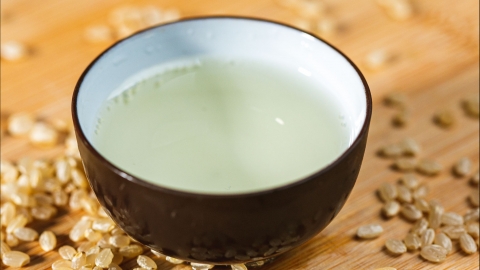Can patients with favism drink sweet rice wine?
Favism patients can usually consume rice wine in moderation. However, if the rice wine contains fava beans or its ingredients are unclear, it should not be consumed.

Some favism patients with mild and stable conditions may not immediately experience hemolytic reactions after moderate consumption of rice wine. This is because rice wine contains relatively low levels of alcohol and does not directly contain oxidative substances that should be avoided by favism patients, such as components found in fava beans. However, this does not mean all patients can safely consume rice wine, as individual differences are significant and some patients might also be sensitive to alcohol.
If ingredients that can trigger hemolytic reactions—such as fava beans—are added to the rice wine, patients may experience exacerbated hemolytic symptoms after consumption, such as anemia, jaundice, and hematuria; in such cases, it should not be consumed. In addition to fresh fava beans and fava bean products, patients should also avoid other foods that may trigger hemolytic reactions, such as fruits rich in vitamin C, spicy and stimulating foods, seafood, and foods containing mint.
In daily life, patients should maintain a high-protein, nutrient-rich diet and engage in moderate exercise to help maintain good health.




